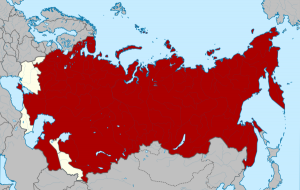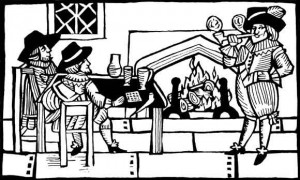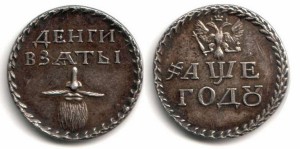Tax on childlessness
In USSR “in order to mobilize additional funds to assist mothers with several children” in November 21, 1941 was introduced a Tax on childlessness on bachelors, singles and small families and it was in force until January 1992. By establishing this tax during the war, the government demonstrated it’s displeasure with those who do not help him to secure the completion of the army. … Read more








